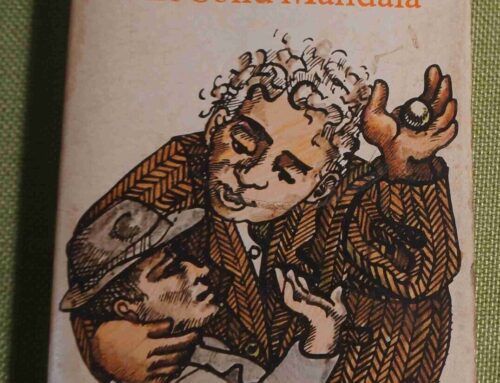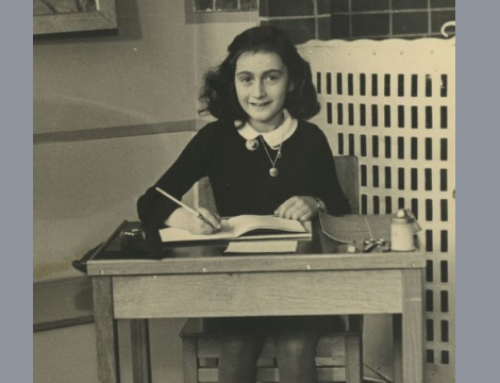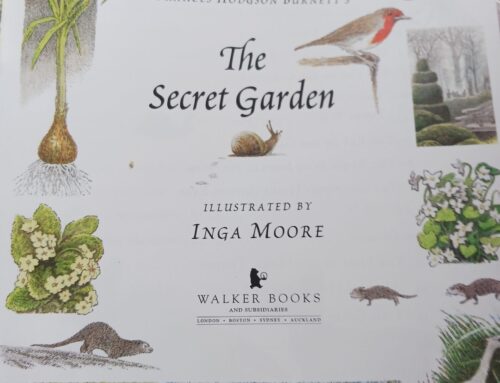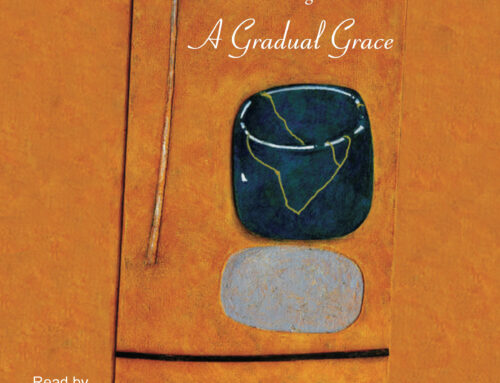
Wildness and isolation in fiction are irresistible keynotes for the drama of human stories. Lighthouse stories are a small and interesting sub-genre in fiction. The themes of wilderness, loss, and individuals struggling with inner demons or traumatic pasts cluster round them. The wildness and isolation of nature is the melodic accompaniment to the human dramas that are played out.
In The Sentinel by Jacqueline Hodder (Blue Wren Press, 2020) we have all these themes and more. It would be easy for the story to fall into cliché, but the author avoids this trap. An intricate and well-constructed plot kept me turning the pages, suspending my disbelief over some of the apparent contradictions and sometimes unlikely turns of event and character. In parts, I had my editor’s hat on, but as I got further into the story, the more it held me, and I put my quibbles aside.
In the early nineteenth century, a young woman takes a position as schoolteacher at a lighthouse settlement off the Victorian coastline. Three families live there — the Head Lightkeeper and his wife, and two assistants, each with a brood of children. Kathleen Devine takes on the formidable task of taming and teaching the children with a will, and soon has the twelve children working well at their different levels. She has inner struggles, which are reflected in her memories of betrayal by a lover, and outer struggles with the conflicts that are generated between the families, escalating to a disastrous night in the middle of a storm, when the eldest daughter of one of the keepers goes missing. The backdrop to all this is the weather, more often stormy than calm, and the lighthouse, whose purpose as a sentinel and saviour of ships and people at sea is the reason why they are all there. The Sentinel becomes, for Kathleen, a symbol of steadiness and safety. But it cannot save people from themselves.
A central plot pivot in the story is the friendship that develops between the fierce, strict Head Lightkeeper and the sixteen-year-old daughter of one of the keepers. The cliché of sexual transgression is resisted, and the conflict is between the misinterpretations, jealousy, and judgements of other adults, and the actual nature of the relationship, which is one of an older man teaching a young girl the intricacies and mysteries of maintaining the workings of the lighthouse, while she revels in learning these skills and helps him to keep the light shining and turning throughout the nights and seasons of the year. This is the early nineteenth century, and such an unequal relationship then was bound to be judged. It crosses the boundaries of class, age and gender.
How much has changed? It seems to me it would still be misjudged, especially in the crucible of a cloistered, isolated, small community. So, we have an age-old conflict between people attempting to live lives that are good and useful and getting caught in the imperfect moral codes of society, that tend to judge by appearances.
There is much beauty and drama in this well-researched historical fiction, and I recommend it to readers. Thank you, Jacqui, for the review copy.




